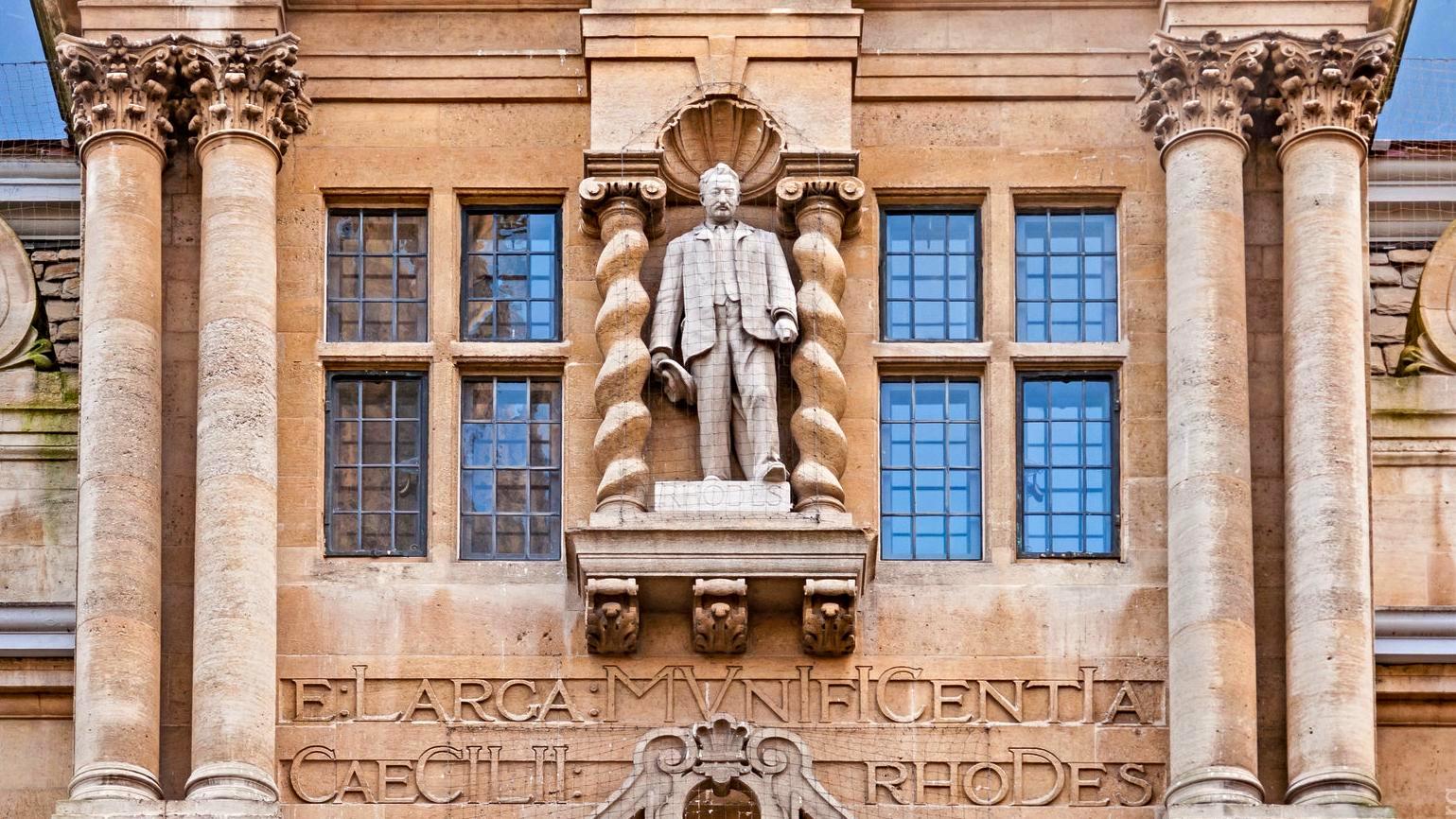Somalia’s ongoing federal experiment has not met popular expectations of ending the Somali predicament, stopping power abuses and stabilising the fragile country. New research shows Somalis consider federalism as an outside imposition and prefer decentralisation instead. This necessitates a serious discussion on the functional model best reflecting the governance needs of the country.
Somalia adopted federalism in 2004 and embarked on its implementation in 2012. Federalism was seen as an option to end the civil war and ensure the unity of the country. For the international community, the model promised to address the Somali ‘debacle’ and prevent the country from becoming a potential terrorism hub. Almost a decade later, however, scepticism continues regarding its achievements and its applicability to a state that is relatively ethno-culturally homogeneous.
To better understand the reception and governance challenges of Somalia’s federal agenda, we have conducted over a year-long research project into the country’s federal member states plus the capital Mogadishu, where we held 28 focus group discussions and 40 individual interviews. Participants were academics, public officials, traditional elders, civil society representatives and ordinary citizens. We found that two successive post-traditional Somali governments have made some progress in federalising the country. Nevertheless, the country’s ongoing federal project is facing a number of ideational and practical challenges that are pushing the nation towards decentralisation.
Federalism in post-transitional Somalia
Siyad Barre’s predatory and repressive military regime (1969-91) paved the way for a huge trust deficit between different Somali clans toward the state. The mistrust and post-civil war syndrome resulted in the 2004 adoption of federalism.
Since 2012, successive post-transitional federal administrations have made tangible success in federalising Somalia. In addition to Puntland and Somaliland, which declared unilateral independence from the collapsing Somali state in 1991, four Federal Member States (FMS) have been created in the South-Central regions: Galmudug, Hirshabelle, Southwest and Jubaland. Unity talks with breakaway Somaliland have been re-introduced although no progress has been made on this front.
In 2017, the country completed its first post-transition national electoral process, electing a new parliament and a new president, followed by a peaceful transition of power. The Somali National Army had been rebuilt, resulting in severely weakened operational capabilities of the Al-Shabaab militant group and with the hope to gradually take over security from the African Union peacekeepers.
Mogadishu has re-established diplomatic ties with the rest of the world lost following the beginning of the civil war in 1991. A number of western countries, such as the United States and European Union states, recognised the Federal Government of Somalia (FGS) and appointed ambassadors. Many international organisations, including the United Nations, relocated their country offices to the capital, citing the FGS’s relentless reform agenda. Additionally, the FGS has been able to successfully negotiate debt relief: $5.2 billion of Somalia’s debt written off by the World Bank and IMF and a reduction of the country’s $3 billion debt to the Paris Club to $1.4 billion.
Myriad challenges in implementation
Somalia’s federal project faces multiple conceptual and practical challenges concerning its implementation. An increasing number of anti-federalists often question the applicability of the system to a relatively homogeneous (culturally and ethnically) country. However, the strongest argument relates to the point that this governance system federalises clans instead of citizens. This is evident in the country’s five FMS plus Somaliland being established on the basis of clan majority. Opponents claim the clan-based federalism creates new sub-national identities and border conflicts between the FMS, and thus poses a serious threat to the unity of the country.
Others are of the opinion that federalism was designed by neighbouring Ethiopia as a ploy to weaken Somalia. In fact, Ethiopia, which adopted ethnic federalism in the mid-1990s, is credited for initiating the ‘building blocks’ notion in 1998, which paved the way for the introduction of the country’s federalism. Arguments revolve around both neighbouring Ethiopia and Kenya fearing a strong unitary Somalia, which may revive claims to the Somali territories in those countries. Opponents also suggest that federalism hampers re-unification with breakaway Somaliland, which seemingly refuses to be a member of federated Somalia equal to other FMS. Somaliland has already rejected implementation of the federal project. Consequently, it has been suggested if federalism is ever to work in Somalia, it should be a North-South federation to accommodate Somaliland and keep the country united.
On a practical level, key challenges include a lack of sufficient and available information about federalism to the public and the nature of the constitution as an unfinished project. The latter is due to a serious, unaddressed constitutional divide between those who envisage a strong unitary Somalia and those who fear a centralised government would be dominated by a single clan and deny them their fair share of resources. This divide has understandably prevented the completion of the country’s constitutional transition process, started in 2000. This also feeds into the vicious cycle of centre-periphery squabbles that have surfaced continuously since 2012, due to overlapping constitutional jurisdictions.
The status and future political representation of the capital Mogadishu, moreover, which is not included in the current federal deliberations, remain another source of contention. Mogadishu hosts the FGS, has an airport and a port (the country’s largest two revenue sources) and is the only city where the FGS collects taxes. There have been increasing petitions in recent years where residents complain about the city’s lack of status, leading to rising agitation on how capital should be governed in the future. Again, the city is caught up between competing federal government/federal member state and clan interests.
Another challenge relates to the lack of true devolution of power, which was the intended goal of federalism. This challenge is particularly acerbic considering that the promise of decentralisation has not been implemented in FMS, with the exception of Somaliland and in some cases Puntland. In post-conflict Somalia, federalism has been a largely declaratory discourse and has not been initiated from the levels of governance below the FMS. This fuels the argument that the federal model does not prevent power abuse in Somalia.
A serious constraint on Somalia’s ongoing federal experiment is the lack of agreement(s) between the levels of government on fiscal federalism. The country has not so far been able to define how power is shared and resources are distributed between the FGS and its constituent units. Recurrent FGS-FMS disputes on fiscal federalism mostly revolve around disagreements over tax-raising power, natural resources management and revenue-sharing mechanisms.
Findings show that regional politics and changing alliances in the Horn of Africa and the Middle East are affecting Somalia’s federal politics. In neighbouring Ethiopia, current Prime Minister Abiy Ahmed is accused of dismantling the country’s multi-ethnic federation in place since 1995. His troops serving under AMISOM peacekeepers were accused of overthrowing one of Somalia’s FMS presidents in 2018, while unsuccessfully trying to unseat another regional leader in 2019 on behalf of the FGS.
The 2017 Qatar-Gulf Cooperation Council crisis, in which ties were severed, has also spilled into Somalia, with tension between the Gulf monarchies exacerbating intra-Somali quarrels: three of Somalia’s FMS openly sided with the anti-Qatar camp, advising the FGS to reconsider its neutral position. As a result, Mogadishu clamped down on opposition politicians perceived to be close to the UAE and asked the parliament to strip impunity of certain lawmakers to prosecute on grounds of treason. Competing Gulf powers have supported rival Somali political groups, escalating tensions and fuelling instability in the fragile state. As it stands now, Somalia’s federal agenda is susceptible to shifts in regional politics and enforces, in no uncertain terms, the dominant Somali perception that federalism is a foreign initiative designed to balkanise the country.
Decentralisation or federalism?
Our study suggests among citizens an increasing inclination towards decentralisation over federalism. It has been observed that many hoped federalism would bring the Somali conflict to an end. But recurrent centre-periphery disputes, constitutional ambiguity and possible foreign interference are leading citizens to lose interest in this governance model.
Decentralisation proponents suggest this model addresses the federalism-driving factors by ensuring devolution of power. They also argue that the adoption of federalism has over-emphasised the Siad Barre military era (1969-91) and disregarded the decentralisation achievement of the civilian administration (1960-69).
As calls for decentralisation over federalism gain ground in post-conflict Somalia, the question as to which functional decentralisation option best reflects the governance needs of the country warrants further investigation. Suggested options include ‘regional or local autonomy’, ‘decentralised unitary’ and a ‘hybrid-political system’ that contains both the indigenous and federal elements of governance. The latter advocates for constitutionalising the role of traditional tribal elders, which represent various descent groups and wield a significant influence in public life, to stabilise Somalia’s federal politics.
Irrelevant to the governance model Somalia ultimately adopts, the most significant challenge remains addressing the trust deficit between clans and the state and answering legitimate demands for democracy and an equitable (re)distribution of resources. The constitutional arrangement of such decentralisation, if any, requires consultation and consensus between all involved stakeholders, as well as a commitment to its implementation.
Photo: AU-UN 1st photo/Stuart Price (CC0 1.0).





